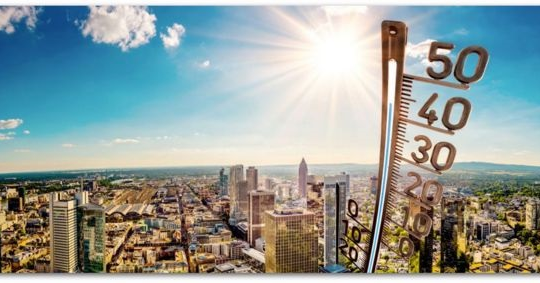
In the diverse and complex world of coffee, separating fact from fiction allows for a more informed and enjoyable experience in enjoying this globally popular black beverage.
In the world of coffee, coffee lovers and those who really don’t like that ubiquitous black drink, there are many myths and misconceptions. From the mistaken belief that coffee comes from beans to the belief that European coffee originates from Europe, it’s time to dispel some widely held misconceptions.
- Coffee does not come from beans
First, coffee is not a bean; it is a seed. Coffee beans go through a complex journey involving international corporations, roasters, transporters, traders and growers before they reach your cup. Contrary to popular belief, trying to grow coffee trees from seed in your kitchen is futile due to the roasting process these seeds go through. - European coffee is a myth
The idea that European coffee comes from Europe is a misconception. Coffee is primarily grown in Central and South America, East and West Africa, the Arabian Peninsula, parts of Asia and the Pacific. It’s a good idea to buy locally roasted coffee to ensure freshness, as flavors deteriorate over long shipping periods. - Darker roasted coffee does not have more caffeine
Dispelling the myth that dark roast coffee has more caffeine, it is important to understand that the level of roast does not determine the caffeine content. Lighter roast coffee actually contains more intact caffeine compounds. Dark roast coffee boasts more pronounced flavors, but that doesn’t mean higher caffeine levels.
- Starbucks coffee is not burnt
Starbucks’ reputation for “burnt” coffee is not due to mishandling, but a deliberate choice to standardize a darker roast, maintaining consistency across their global locations. - Decaf coffee is actually good
Decaffeinated coffee, often unfairly criticized, has its advantages. Caffeine-sensitive individuals or those looking for an espresso after a meal without disrupting sleep may appreciate decaffeinated coffee. The method of processing decaffeinated coffee with methods such as the so-called Swiss water is the best for preserving the taste. - Coffee does not slow down growth in childhood
Contrary to the childhood belief that coffee stunts growth, there is no medical evidence to support this claim. The origins of this myth go back to turn-of-the-century advertisements promoting alternatives to coffee. Although health authorities do not differ in their caffeine recommendations for children, it is clear that small amounts are generally well tolerated, although caution is advised. - Coffee is not a hangover cure
Finally, coffee will not sober you up. Despite the misrepresentation of coffee as magically reversing the effects of alcohol, caffeine has no effect on alcohol metabolism. The combination of caffeine and alcohol can actually create a false sense of alertness, potentially leading to excessive alcohol consumption.
Source: Wired








